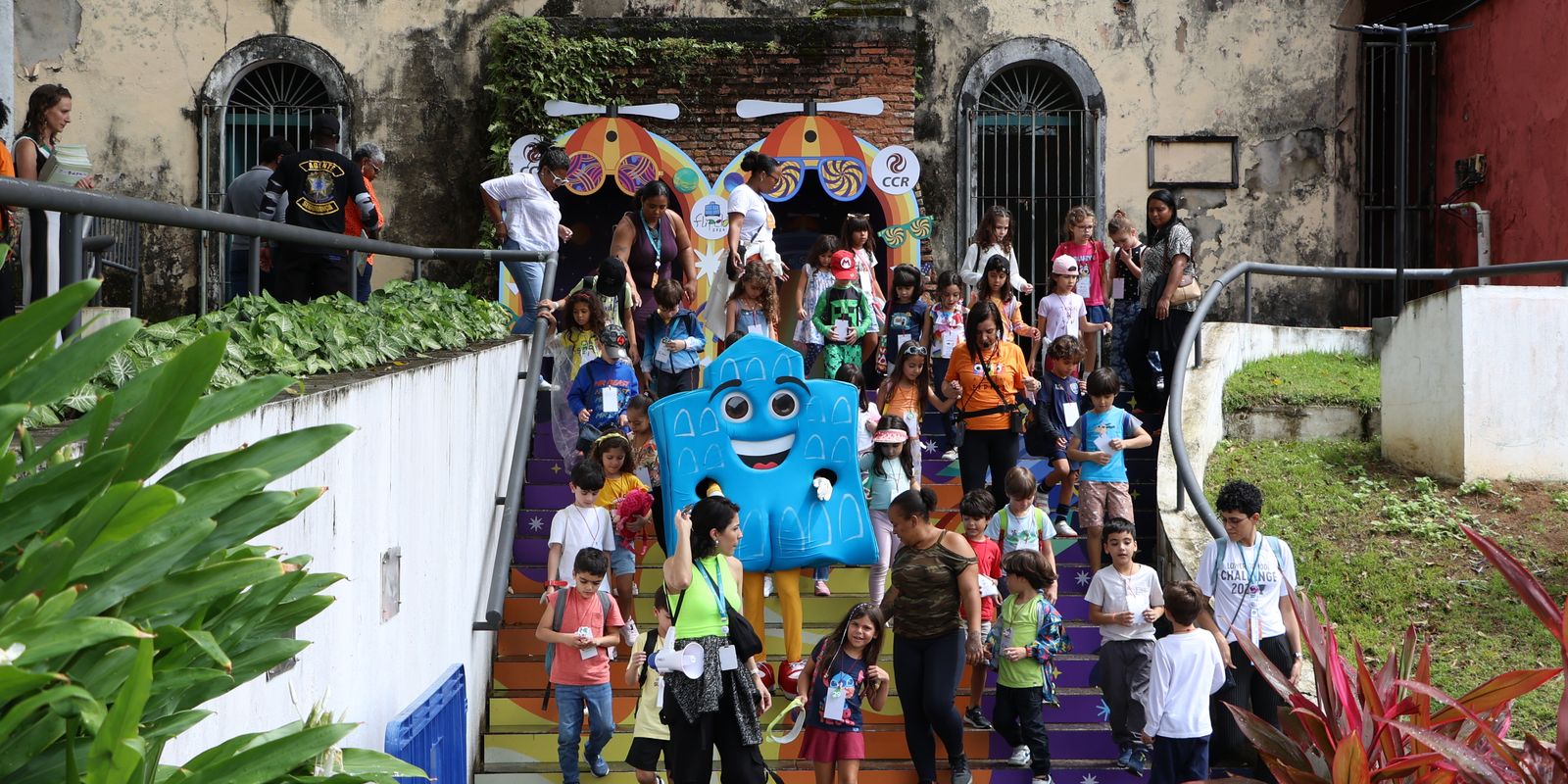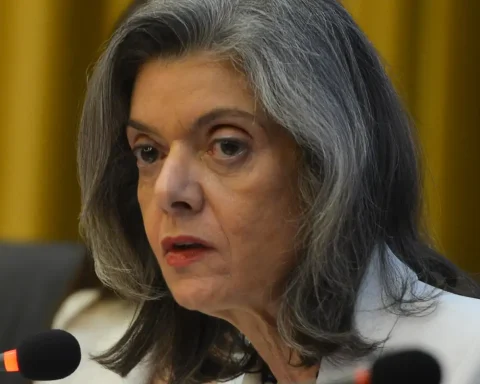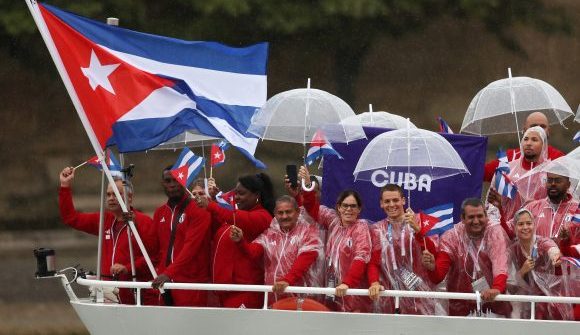Starting in 2026, the University Foundation for Entrance Exams (Fuvest), responsible for the selection process for admission to the University of São Paulo (USP), will have, for the first time in history, a mandatory reading list with only works written by female authors in Portuguese. This initiative, says USP, is justified by the need to value the role of women in literature, not only as characters, but as authors.
At the time of the announcement, which took place last year, the president of the Fuvest Board of Trustees and vice-rector of USP, Maria Arminda do Nascimento Arruda, justified the decision by saying that many of these writers “were the target of decades of invisibility due to the fact that they were women”.
For the founder and coordinator of Escreva, garota!, a support, engagement and training group for women who write, Lella Malta, female invisibility in literature is still very present in Brazilian society. “The erasure of women’s writing is a phenomenon that still exists,” she said in an interview with Brazil Agency during the Pelourinho International Literary Festival (Flipelô), in Salvador.
“We think it’s over, but you just have to look at the shelves to see that we still read more men. The publishing market events themselves do this [valorizam mais a escrita feita por homens]. And we women have a tendency to self-sabotage, thinking that we are never enough. I think we have to work with these women, these future writers, so that they have courage, more self-esteem and can enter this market in a more professional way. Writing is an instrument of female empowerment and this is the flag that we raise within the project”, she explained.
For her, the act of writing carries a lot of symbolism and meaning for women. “Writing extends our existence. I think it’s so beautiful – we leave something for the women who come after us, just as so many have left for us. And it also boosts self-esteem. Women often find a job in the publishing industry, not only as writers, but sometimes as proofreaders, copy editors, and editors. In addition, expressing our vision of the world is important. For so long, we’ve seen men talking about who we are and what we feel. But I think now it’s our turn to say: well, it’s not like that, we’re a little different from what you saw,” she added.
During Flipelô, which ended this Sunday (11), the group Escreva, garota! created a space to discuss female literature and promote the work being developed by writers who are part of the collective. Among them is Antonia Maria da Silva, author of About Past Winds. In an interview with the reporter, she said that she has been writing since she was 17, but that it was only two years ago that she launched herself into the literary market, with the help of her daughter, who discovered some of her writings hidden around the house.
“The freedom to write is something that was denied to many women until very recently. So, this was a difficulty [que encontrei]. But my grandmother was my great source of inspiration and today, as a black woman from Bahia with gray hair, I have started in this new field”, she said. “This is a challenge that we have heard throughout our lives: that a woman’s place is to stay at home, taking care of her children and husband. And, in truth, I consider myself an excellent mother, but my motherhood did not stop me from being the protagonist of my own story”, said the author from Bahia.
For Antonia, women’s literature is important to give women a voice. “In the past, it was forbidden for us to talk, including about our feelings and our own pleasure. We had to hide everything so as not to be considered a woman of the night, a woman, in quotation marks, a slut, worthless. And, the moment I feel open and I was given this opportunity to express my emotions and share feelings and thoughts with society, I see it as a great triumph. It’s as if I were, in a way, toasting what my ancestors started and failed to achieve. It’s as if I were also giving my ancestors a voice,” she said.
The writer Gil Lourenço, author of The Salt of Loveher first solo book, says that writing is also a form of empowerment. “Writing has fulfilled me. I am an educator and I didn’t imagine myself in this universe, but once the door opened, I discovered so much beauty and learning that I fell more and more in love with it. It completely changed my life. Today, I tell everyone how I see the world, how I feel in the world, how I represent myself and how I am represented by other women. Writing empowers, and publishing, even more so.”
For Gil, it is not enough for women to write. It is also important for women to read other women. “Reading women is creating a support network. We have to strengthen ourselves as a gender, because we are in this ever-present struggle and it would be no different in the publishing market. If we strengthen ourselves, it will be much better.”
Search
Nathalia de Oliveira wrote the book [i] of Injury based on her master’s research called “Injured bodies at school, problematizations for the teaching of Philosophy”, developed at the Federal University of ABC (UFABC) and which received an honorable mention in the 2022 Capes Theses and Dissertations Award.
Through this work, developed in the school community of public institutions in the outskirts of São Bernardo do Campo (SP), she began to realize the difficulties that women face in their daily lives and that also end up affecting the literary world. “Since I am in the classroom, at first the research begins with the girls questioning some postures in the space and then we begin to understand what these postures are and writing permeates the entire work”, she explained.
Among the difficulties faced by these women, she said, is the lack of space. “We are often looked down upon, and perhaps our writing is not what some people expect. Women’s writing has always been seen as something lesser, and we have worked on this, especially in the classroom, to show the power and importance of these writings, such as letters and diaries, and how they transform realities, spaces and the world, in a certain way.”
To face these difficulties, Nathalia said, women need to find spaces or people open to this dialogue. “We need to find spaces like this one [o Escreva, garota!] which is a collective of women. Find these spaces, other women or people who encourage you. Encourage each other, write together, participate in these collectives, because they are spaces for us to be who we are and build”, she concluded.
The master’s dissertation Injured Bodies in School: problematizations for the teaching of Philosophy can be accessed here.
*The reporter and photographer traveled at the invitation of the CCR Institute, sponsor of Flipelô.

















